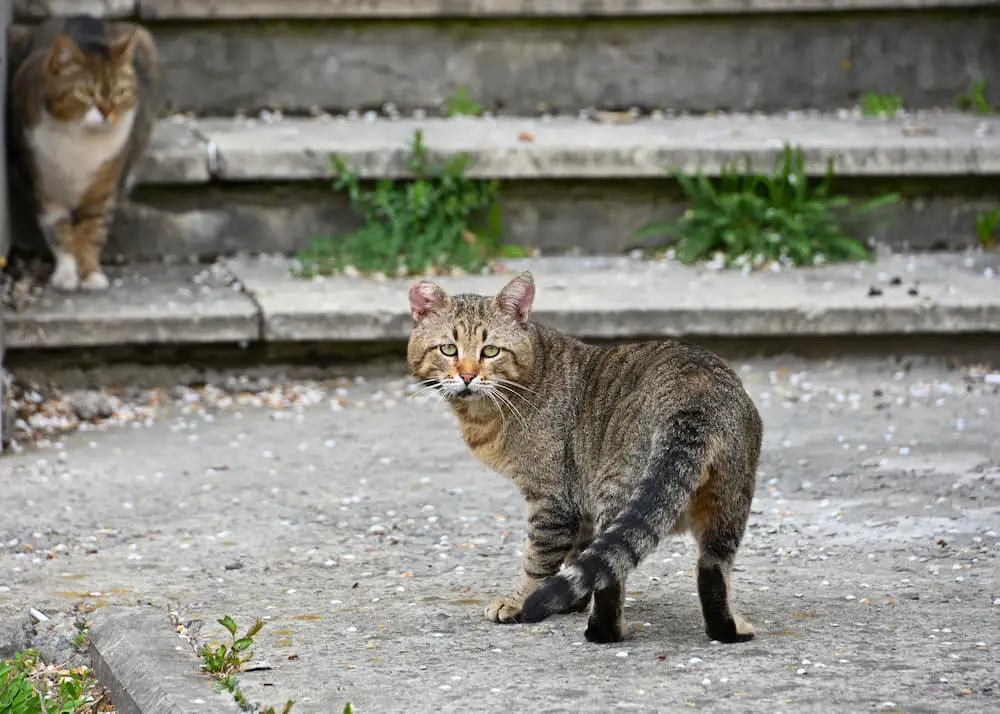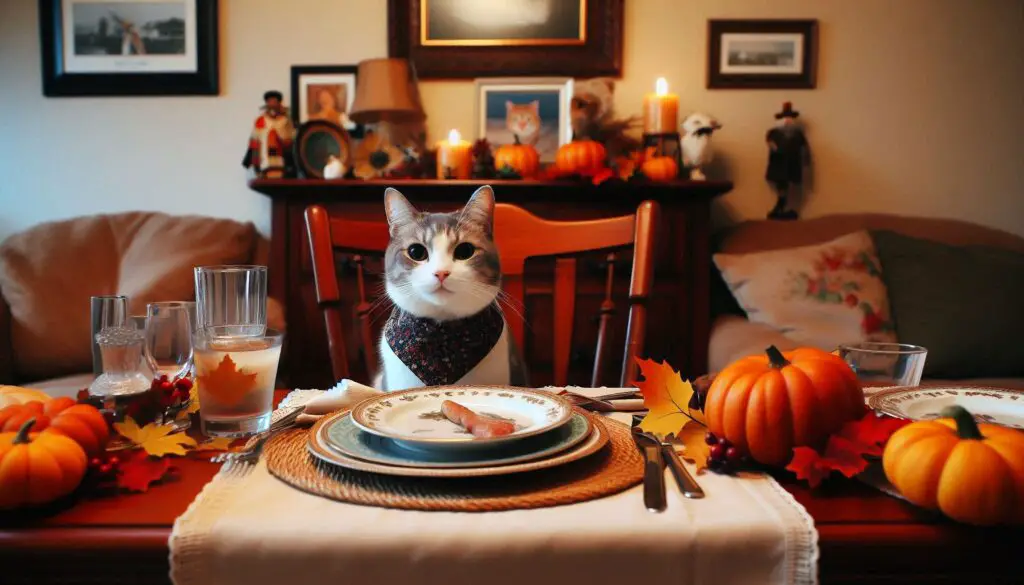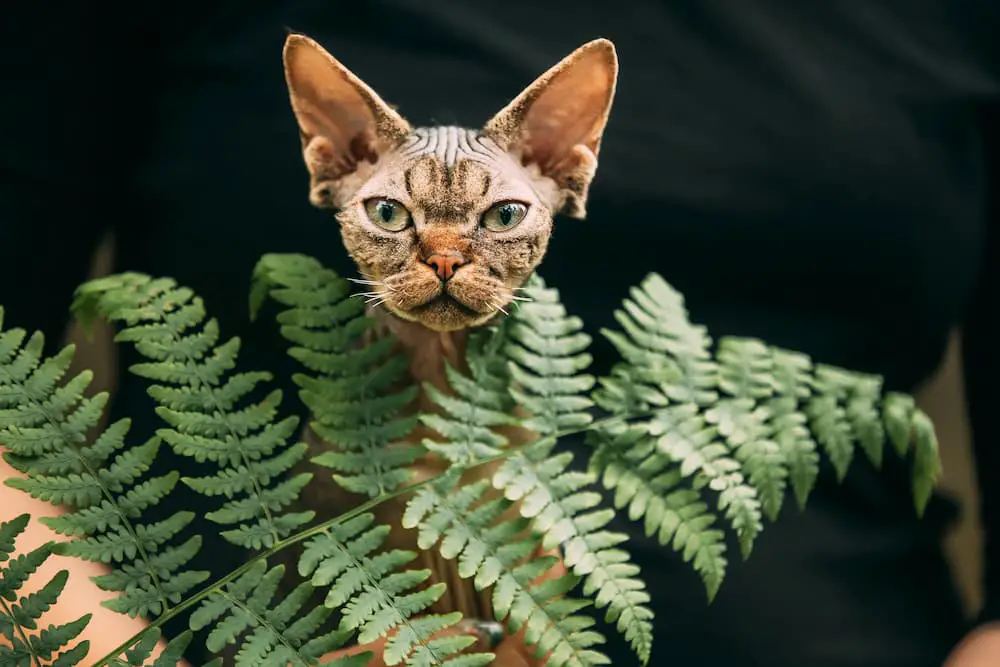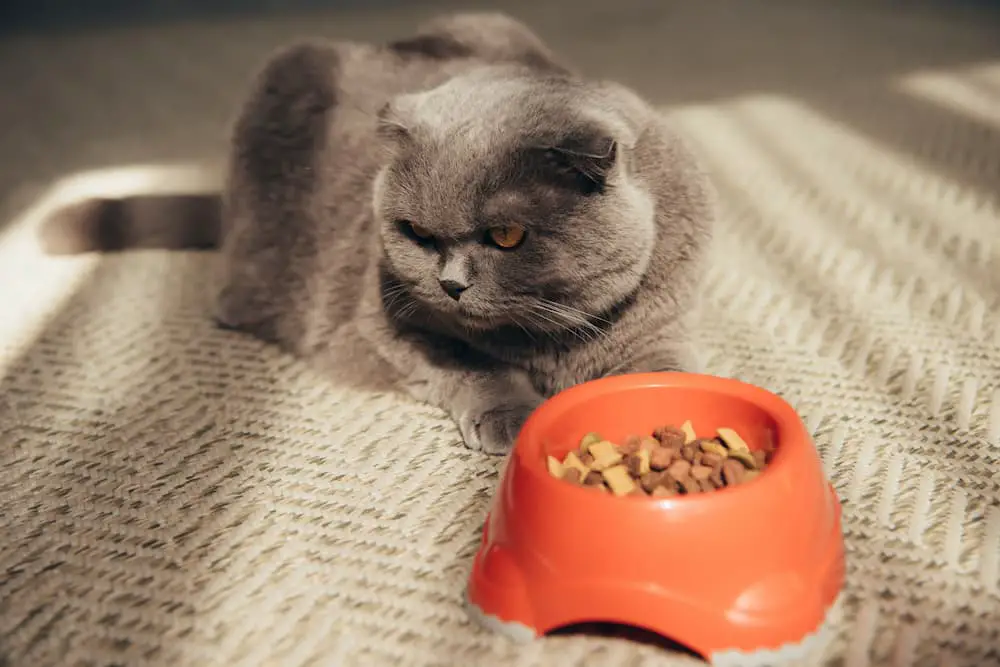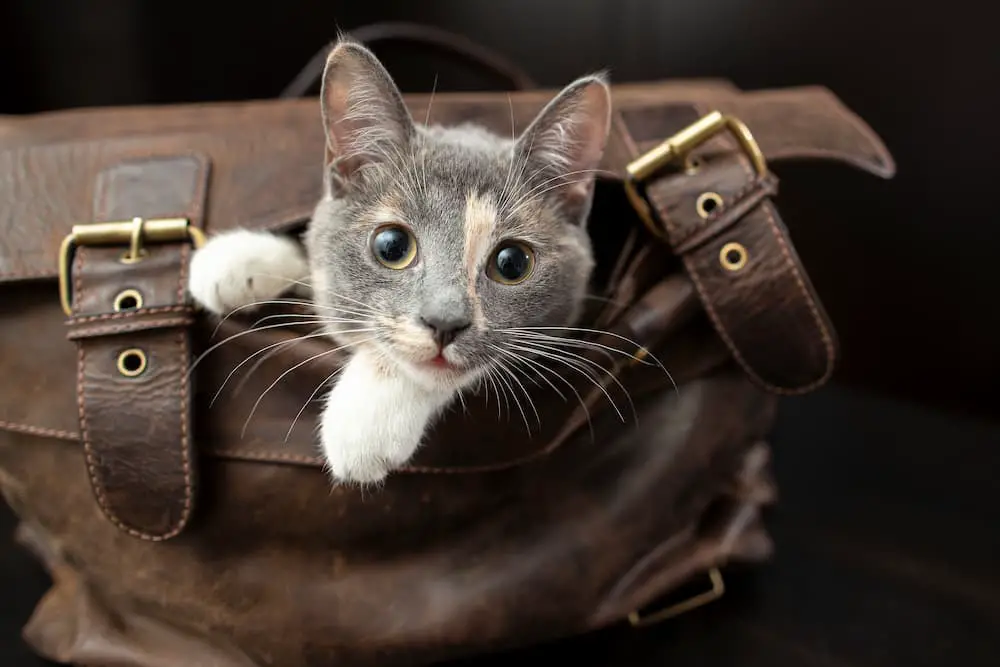Your cat’s tail is much more than just a furry extension of his body! Tails act as rudders, to help your cat keep his balance. Not only that, they are one of the many ways cats communicate. The tail acts as an emotional barometer. And if you learn how to read your cat’s tail, you can easily understand what he’s feeling! Here are the most common tail positions and what they mean:
High and Mighty
A confident cat will hold her or her tail high up in the air while walking around. A tail that sticks up like a flagpole is a sign of a happy mood or a friendly greeting. You’ll often see a cat doing this as he approaches a welcoming person. If you see your kitty twitch the top of his tail while approaching you like this – it means he really, really likes you!
Curled
A tail that’s bent like a question mark oftentimes is an indication that kitty is in a playful mood! Time to get the toys out.
Sling Low
If your cat carries his tail straight down, parallel to his legs, this might indicate an aggressive mood, so use caution! Be aware, though, that certain breeds like Persians, Exotics, and Scottish Folds normally carry their tails this way.
Tucked

If your cat has her tail tucked and curled under her body, that’s a sign of fear or submission. She is likely scared or nervous.
Puffed

When cats are severely agitated and scared, they will puff up their tails to appear larger and ward off danger. This is often accompanied by a hiss!
Whip it!

If you see a cat whipping his or her tail back and forth quickly and forcefully, that’s a sign of aggression. Use caution.
Swishing

If you see your cat swishing her tail slowly from side to side, that usually means she’s focused on prey (or a toy!). They often swish their tails right before they pounce!
Cat-on-Cat Contact

If you’ve got more than one cat, you might notice that sometimes their tails will be intertwined. This is the equivalent of you casually putting your arm around a friend. It’s a sign of feline friendship!
Which of these positions have you noticed most with your cat’s tail?
Did you know? Most feline infectious diseases affect only cats (and most human infectious diseases affect only humans) but as a cat parent, you should be aware that some diseases can be transmitted between cats and people. These are called zoonotic diseases.
Click here to take a look at some of the most common zoonotic diseases that affect cats and people.
The Catington Post is reader-supported. That means, if you make a purchase through links on our site, we may earn an affiliate commission. All images and names which are not the property of The Catington Post are the property of their respective owners.

